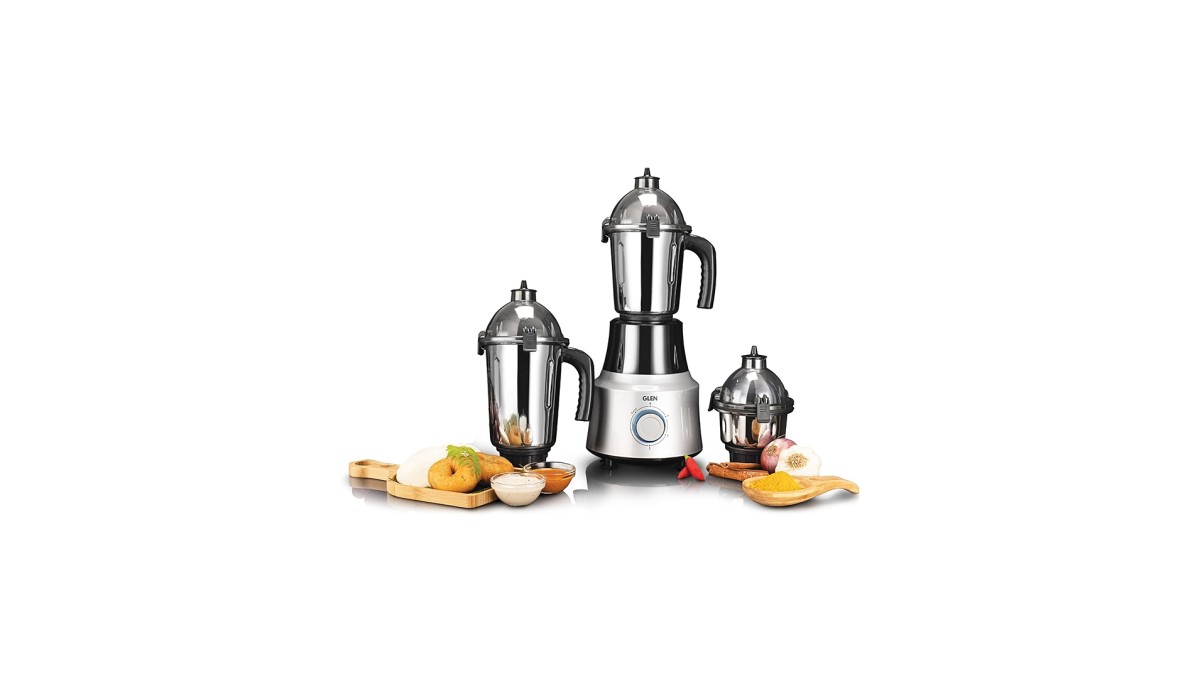Young babies who are fed formula milk have far higher levels of arsenic in their bodies than breast-fed infants, a new study has warned.
In the first US study of urinary arsenic in babies, Dartmouth College researchers found that formula-fed infants had higher arsenic levels than breast-fed infants, and that breast milk itself contained very low arsenic concentrations.
The researchers measured arsenic in home tap water, urine from 72 six-week-old infants and breast milk from nine women in New Hampshire.
Urinary arsenic was 7.5 times lower for breast-fed than formula-fed infants, researchers found.
The highest tap water arsenic concentrations far exceeded the arsenic concentrations in powdered formulas, but for the majority of the study’s participants, both the powder and water contributed to exposure.
“This study’s results highlight that breastfeeding can reduce arsenic exposure even at the relatively low levels of arsenic typically experienced in the US,” said lead author Professor Kathryn Cottingham.
“This is an important public health benefit of breastfeeding,” said Cottingham.
Arsenic occurs naturally in bedrock and is a common global contaminant of well water. It causes cancers and other diseases, and early-life exposure has been associated with increased foetal mortality, decreased birth weight and diminished cognitive function.
“We advise families with private wells to have their tap water tested for arsenic,” said senior author Professor Margaret Karagas, principal investigator at Dartmouth’s Children’s Environmental Health and Disease Prevention Research Centre.
“We predict that population-wide arsenic exposure will increase during the second part of the first year of life as the prevalence of formula-feeding increases,” study co-lead author Courtney Carignan added.
The findings appear in the journal Environmental Health Perspectives.








